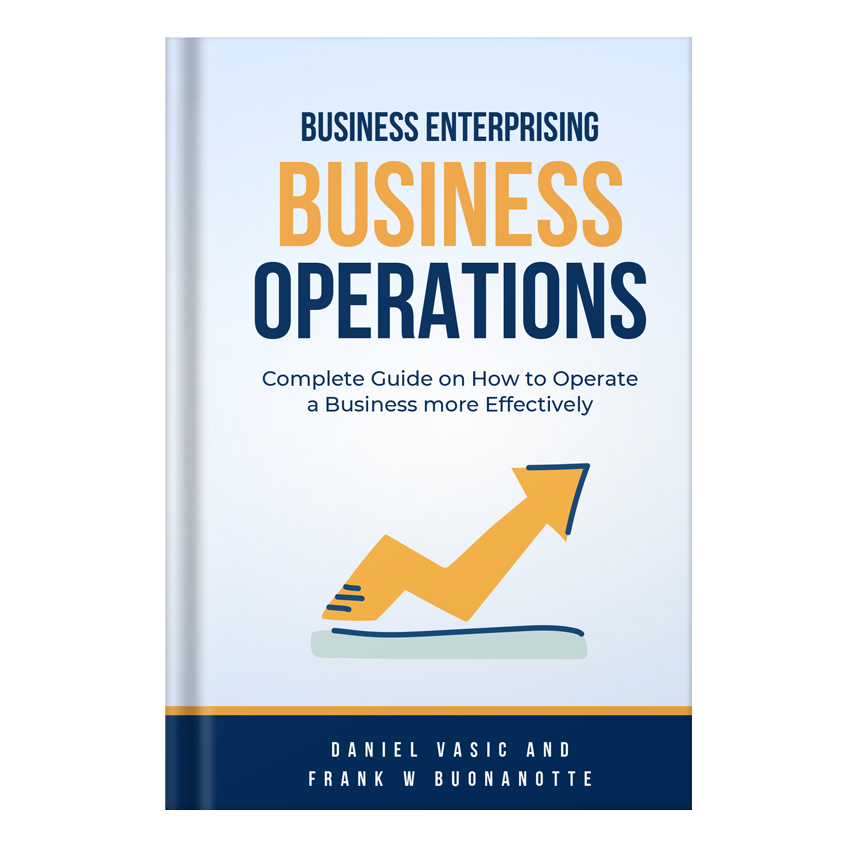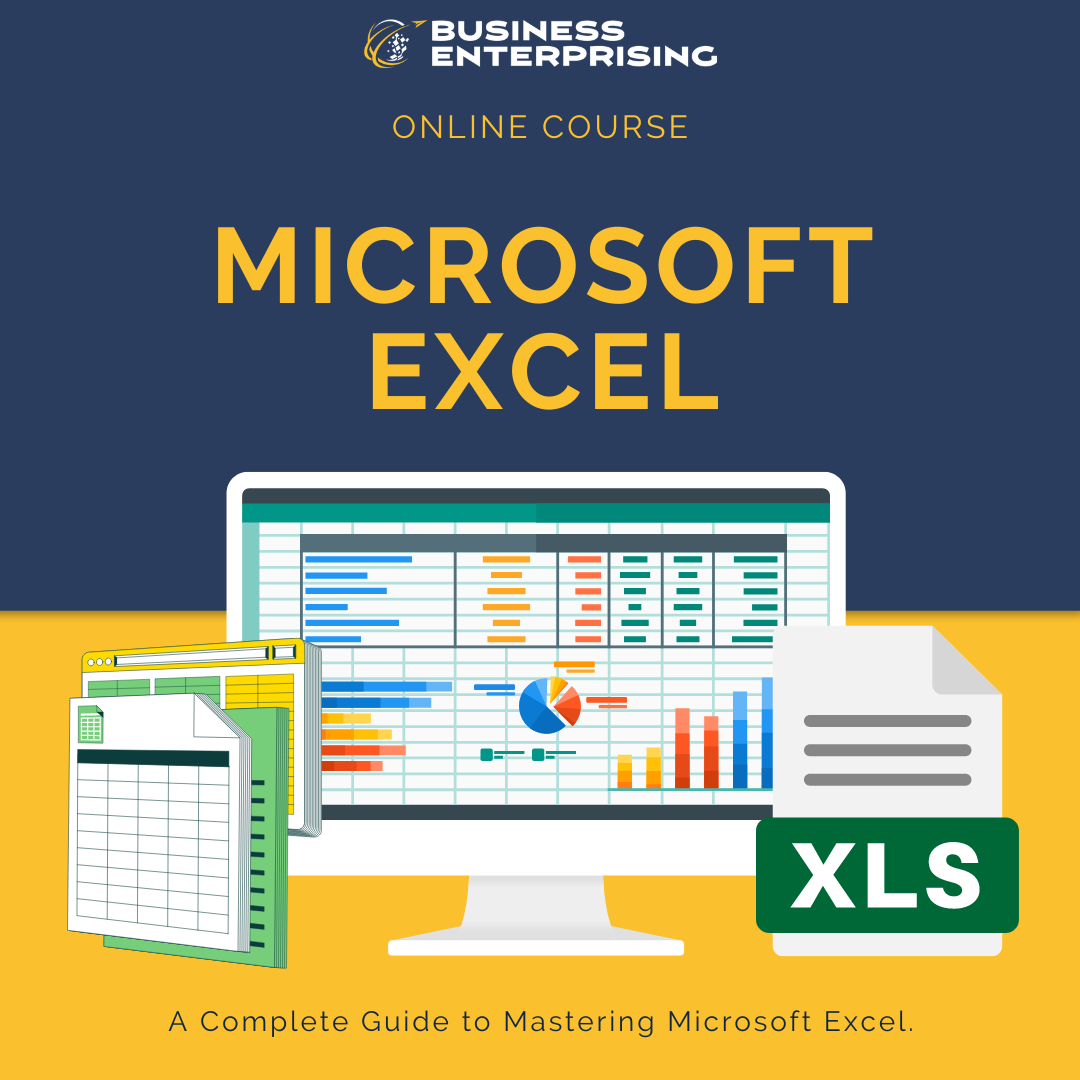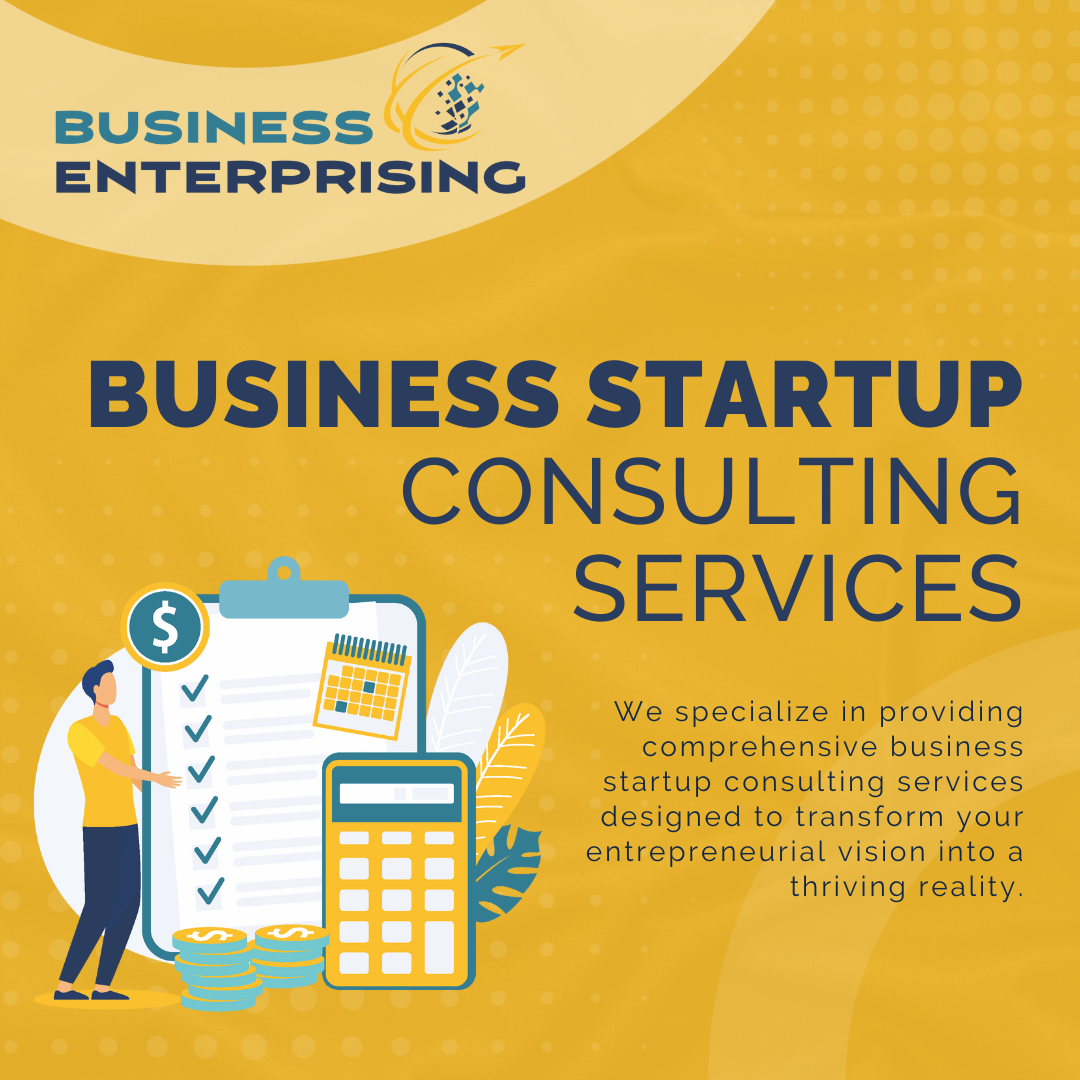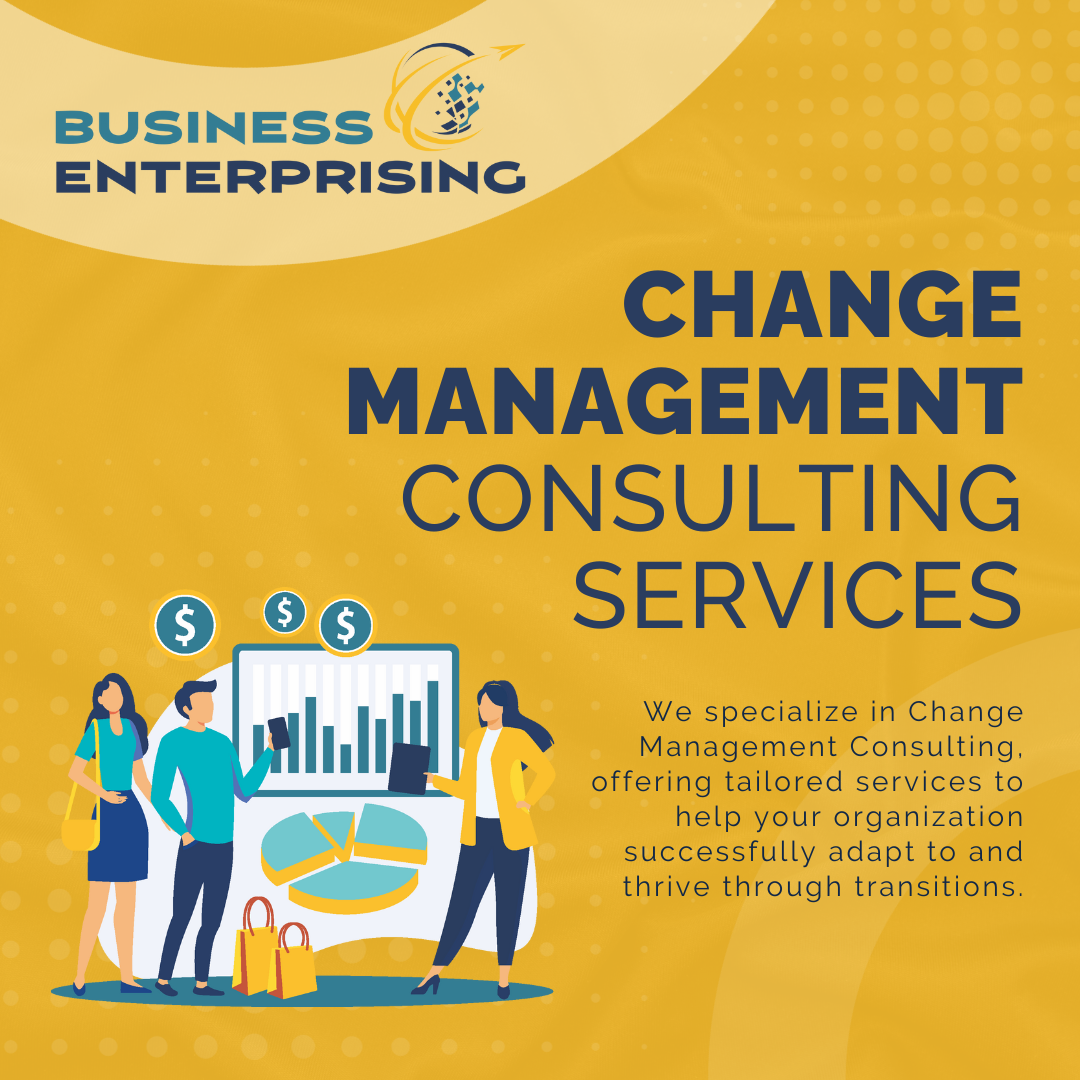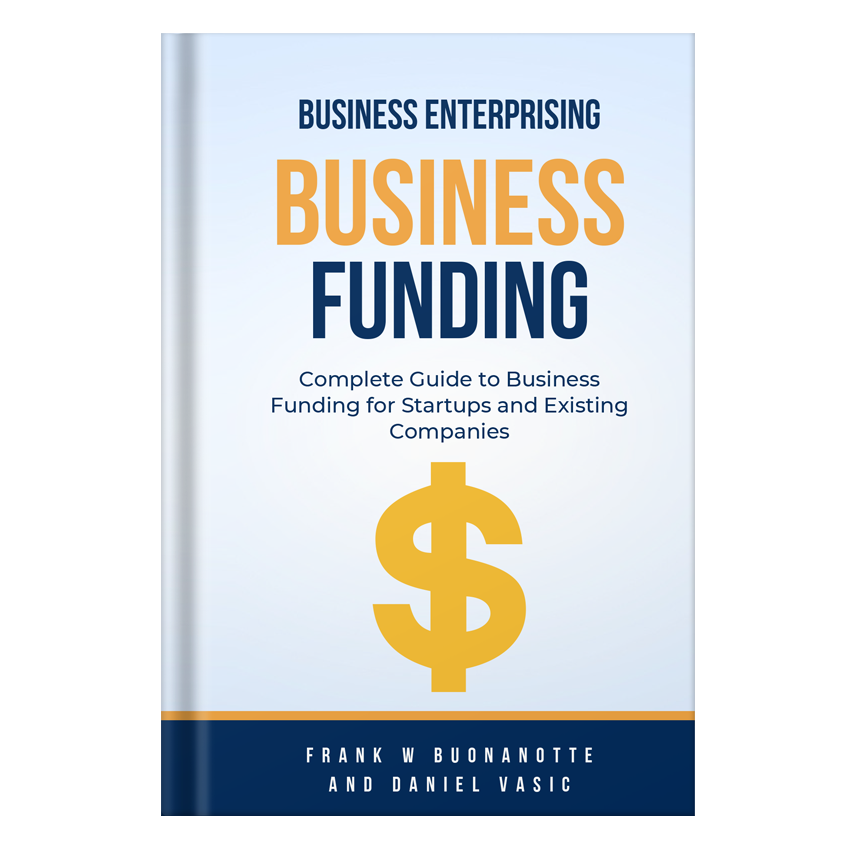Business Operations Business Introduction
To achieve operational efficiency, business leaders must evaluate and optimize their processes to enhance productivity and sustain growth. In this book, we will explore the fundamental principles that can empower managers and business owners to streamline their operations and unlock their company’s true potential. Business operations are critical to growth and success. This book covers the critical aspects of it.
Operating a business efficiently is the cornerstone of its success. It involves effectively utilizing resources and eliminating waste to deliver superior products and services to customers. By improving operational efficiency, businesses can enhance their profitability and overall competitive edge.
Within the pages of this book, we will analyze in detail the key elements necessary for efficiently operating a well-run business. We will explore topics such as process optimization, technology integration, employee engagement, and performance measurement, all of which are vital to a company’s functionality. By embracing these principles and adopting a systematic approach, a company can build a strong foundation for sustainable growth and long-term success.
Operational efficiency is not a universal concept or an exact science. Every business is unique, with its own set of challenges and opportunities. Therefore, this book provides a comprehensive framework that can be adapted and customized to suit the specific needs of any company. Whether you are a small startup, a growing mid-sized enterprise, or an established industry leader, these principles and strategies can be applied to enhance your company’s output and performance.
Throughout this process, we will draw upon real-life case studies and practical examples to demonstrate how companies have successfully improved their operating systems. We will examine the strategies they employed and the hurdles they overcame along the way. By learning from these experiences, you can gain valuable insights and avoid common pitfalls, accelerating your own progress towards meeting your business goals.
Preface
The rapidly evolving business landscape demands that companies continually strive for excellence in the way they operate. Today, businesses face increasing pressures, ranging from difficult economic times to shifting consumer expectations and market disruptions. The ability to adapt to change and deliver value efficiently becomes a critical factor for long-term sustainability.
This book is the result of a collective effort to provide business leaders, managers, and professionals with a comprehensive guide that unveils the intricacies of improving operational efficiency across a wide range of industries and vertical markets.
Drawing upon our wealth of experience and insights, this book addresses the core principles necessary to run a smoothly operating company. It offers a systematic approach to evaluating various aspects which are important for identifying the operational deficiencies that are robbing your company of its profits.
It’s important to note that improving the systems that you use to operate your business is an ongoing process, requiring a commitment to continuous improvement and adaptability. The strategies presented in this book will provide a solid foundation, but it’s up to you to apply them in a way that aligns with the unique characteristics and challenges of your company.
The entrepreneurs and consultants who have generously shared their knowledge and experiences have made this book invaluable. Their expertise and insights enrich these pages and offer a wealth of guidance to companies seeking to increase revenue and decrease expenses.
May this book serve as a compass, guiding you through the complexities of improving your business, and empowering you to make informed decisions that drive sustainable success. Embrace the spirit of continuous improvement, forging new paths of efficiency, to build a company that is resilient and capable of achieving continued growth.
Table of Contents
Introduction to Operational Efficiency
- Understand the concept of operational efficiency and its impact on business performance.
- Recognize common challenges faced by businesses in terms of operational efficiency.
- Define key performance indicators (KPIs) for measuring operational efficiency.
Identifying Operational Deficiencies
- Learn techniques for identifying operational deficiencies in different areas of a business.
- Explore methods to conduct a comprehensive audit of current operations and protocols.
- Understand the importance of benchmarking against industry standards and best practices.
Auditing and Assessing Operational Systems
- Learn how to conduct an in-depth assessment of existing operational systems and processes.
- Identify gaps and inefficiencies through process mapping and value stream analysis.
- Evaluate the effectiveness of current operating protocols and their alignment with organizational goals.
Total Quality Management (TQM) Principles
- Understand the core principles and benefits of Total Quality Management (TQM).
- Explore methodologies such as Six Sigma and Lean Six Sigma for improving operational efficiency.
- Learn how to apply TQM principles to identify and eliminate waste in business processes.
Improving Operational Systems and Protocols
- Develop strategies for enhancing operational systems and protocols.
- Identify opportunities for automation, standardization, and process optimization.
- Explore the role of technology in streamlining operations and improving efficiency.
Identifying and Reducing Waste
- Learn to identify different types of waste, such as overproduction, excess inventory, and defects.
- Apply techniques like value stream mapping and 5S to reduce waste and improve productivity.
- Explore sustainable practices and environmentally friendly initiatives for waste reduction.
Increasing Revenue and Profitability
- Identify strategies to increase revenue through improved operational efficiency.
- Understand the role of customer satisfaction, value proposition, and pricing optimization.
- Explore techniques for cross-selling, upselling, and effective sales management.
Decreasing Expenses and Cost Optimization
- Learn methods to identify and control expenses across various business functions.
- Explore cost reduction strategies, such as strategic sourcing and supplier management.
- Understand the importance of effective budgeting and financial analysis in expense management.
Employee Engagement and Continuous Improvement
- Understand the significance of employee engagement in operational efficiency.
- Learn techniques for fostering a culture of continuous improvement and innovation.
- Explore methods for empowering employees and soliciting their ideas for process enhancements.
Change Management and Implementation
- Understand the challenges of implementing operational changes and how to overcome them.
- Learn effective change management techniques to ensure successful implementation.
- Develop a change management plan for introducing operational improvements in a business.
Monitoring and Sustaining Operational Efficiency
- Explore methods for monitoring and evaluating the impact of operational improvements.
- Understand the importance of performance metrics and data-driven decision making.
- Develop strategies for sustaining operational efficiency in the long term.
